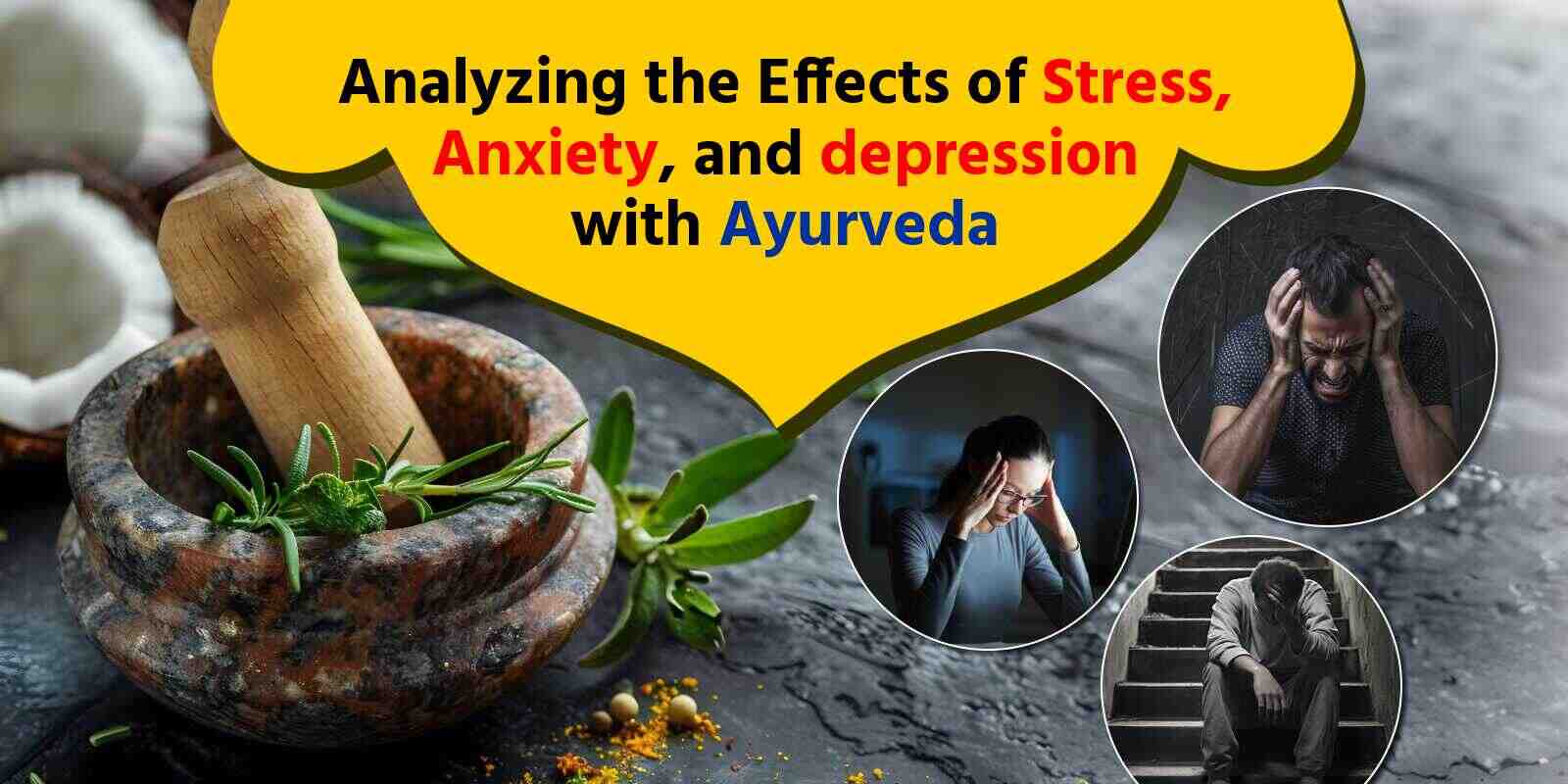
Everyone had their unique classifications of depression when we asked people of different ages and gender. One thing we came across is that only 9% of people were aware of the depression in real sense. The rest of 91% of people we tried to discuss depression gave us the replies that it as a disease while the others just mocked us in our faces. No wonder why depression, anxiety, stress, and fear are taking over the functioning of the brain massively. It is not a condition that you can get to see in India but across the globe. People escape the topic and provide with most insensitive comments (well, not all but many); during the survey, we found that three people dealt with minor depression out of 10 on average.
People tend to have their consideration as a mental disease that can be cured only at rehabilitation centers or mental asylums. However, these false thoughts have created chaos and misconceptions among people dealing with stress, depression, anxiety, and fear. It may be one reason why many mentally-affected people do not go to therapists and seek medical treatment.
Ayurvedists or Ayurvedacharyas around the globe have their ways out for people’s shyness and help them reinstate the epidemiology of depression. A well-known fact is that most of the patients don’t go for the therapies and chat sessions because they are afraid of societal judgments. Viewing all such factors, the Ayurvedacharyas have opened up about the anxiety and depression Ayurvedic medicine as per the ethics of anxiety cure in Ayurveda.
Not to mention the benefits Ayurveda can provide to sustain the healthy well-being of the brain and human anatomy. Ayurveda has a cure for every disorder and disease, be it a chronic disease or a mental illness. Depression is a form of mental illness that is becoming common among people of all generations. It is a jolt that even the children are getting affected by anxiety, stress, fear, and depression. Many call their sadness a depression, but this has to be stopped. Let us now discuss these terminologies precisely.
Ayurvedists who have been providing anxiety disorder Ayurvedic medicine states that people who have anxiety attacks replicates the presence as having an intuition for something terrible that is about to happen. The symptoms of anxiety would be excessive sweating, cold hands, fearful gesture towards event or person, and blabbering.
Anxiety disorder treatment in Ayurveda also explains its different types, such as:
The principals of anxiety disorder in Ayurveda suggest that all these types can be managed with the help of Ayurvedic ethics and remedies. All it takes to be open about it with the therapist or an Ayurvedist. Now let us discuss the symptoms of anxiety, following are the most prominent signs of anxiety:
Anxiety and depression have great significance over mental health. These are the forms of mental illness that needs to be taken care of. There are many sessions conducted just to share what the affected has been feeling, and recommendations are only a few tablets. There is nothing that can’t be done to come out of anxiety and depressions. If an affected person has been diagnosed with clinical anxiety and clinical depression, it should be treated right away to avoid the mishappening. Frequent and recent observations state that people who feel disgusted or shy of getting such treatment have ended up becoming violent to others and themselves. In the severe stages, a person may get persistent suicidal thoughts or get anxiety attacks more often than at any other time. It happens only when a person loses control over his emotional balance.
Irrespective of the norms about society, the mentally-affected person should go for treatment. In allopathy, the doctors/ psychiatrist would suggest chat sessions and tablets help you deal with clinical depression and anxiety. However, consuming allopathic medicines may have adverse effects on the functioning of internal organs as they would have been deteriorating ever since the patient was diagnosed with anxiety and depression. Not only these two affect the inner body, but all the emotions you have been feeling have a significant impact on the functioning. Stress, sadness, and fear create complications in the functioning of the nervous system that gradually breakdown the other systems. However, keeping an eye on all such factors, Ayurveda’s anxiety treatment provides a blend of Ayurvedic medicines and lifestyle encouragement.
"Ayurveda is not just a system of medicine; it's a way of life. Connect with us to embrace a lifestyle that nurtures your body, mind, and soul."

Certificate no- AH-2023-0186
JAN 05,2023-JAN 04,2026